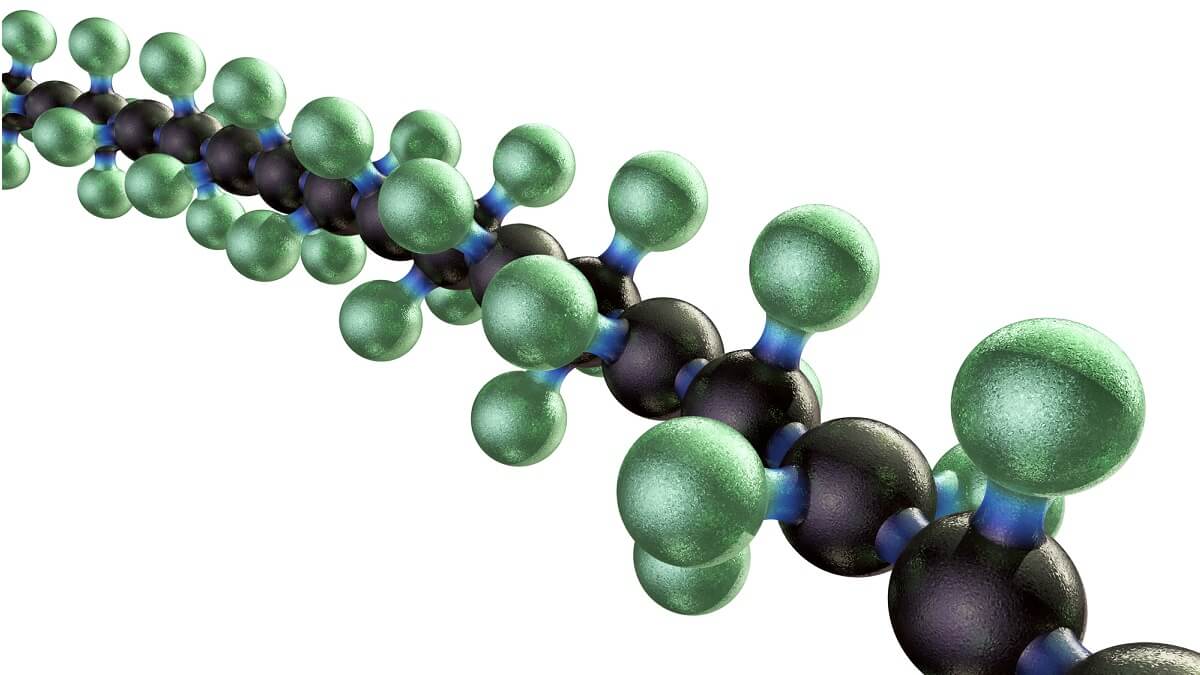Newest Advancements in Polymers: Cutting-Edge Innovation
Newest Advancements in Polymers: Cutting-Edge Innovation
Blog Article
Discovering the Varied Applications and Advantages of Polymers in Different Industries
Polymers, with their diverse variety of properties and capabilities, have come to be vital in different sectors, each enjoying unique take advantage of their application. Polymers. From improving safety and performance in the automobile sector to reinventing clinical gadgets in the medical care sector, polymers play a pivotal duty. In addition, their eco-friendly nature is modifying the landscape of sustainability techniques. As we explore the midsts of polymers in electronic devices, we uncover innovative innovations, while their structural integrity changes the world of building and construction and facilities. The prevalent impact of polymers throughout sectors is a testimony to their convenience and adaptability, shaping the future of plenty of sectors.
Automotive Industry Applications
Polymers play a critical function in improving the efficiency and resilience of numerous components within the automobile industry. One famous use of polymers in the vehicle sector is in the production of light-weight components.

Healthcare Industry Benefits
In various medical care applications, the benefits of making use of polymers are extensively identified for their diverse variety of useful properties. Polymers play a vital role in the medical care market because of their flexibility, biocompatibility, and cost-effectiveness. Among the main benefits of polymers in medical care is their capability to be tailored to details demands, such as flexibility, longevity, and biodegradability, making them optimal for a variety of clinical applications.
Polymer-based products are thoroughly utilized in clinical tools, such as catheters, implants, prosthetics, and drug shipment systems, because of their biocompatibility and capability to imitate natural tissues. These materials can decrease the risk of allergic reactions or denials, boosting client safety and results. Additionally, polymers are lightweight, making them suitable for wearable clinical tools and making certain person convenience.
Additionally, polymers make it possible for the development of innovative treatment approaches, such as hydrogels for cells engineering and nanocomposites for targeted medication distribution. Their ease of processing and sterilization makes them crucial for preserving high standards of health in medical care settings. Generally, the varied benefits of polymers contribute dramatically to advancements in medical innovation and person treatment.
Ecological Advantages of Polymers

Furthermore, polymers can add to power savings as a result of their light-weight nature. In industries such as transportation, lightweight polymer products can assist reduce gas intake and greenhouse gas emissions. Furthermore, polymers can make it possible for the advancement of energy-efficient items such as insulation materials that boost power conservation in structures.
Moreover, polymers play an important function in minimizing water pollution. As an example, using polymer-based purification systems can efficiently remove pollutants and impurities from wastewater, securing water sources and environments. In general, the environmental benefits of polymers make them valuable possessions in advertising sustainability and eco-friendly methods throughout different industries.
Polymers in Electronic Devices and Technology
Thinking about the raising need for innovative and lasting remedies in contemporary industries, the assimilation of innovative polymer technologies in the web link realm of electronics and modern technology has actually become a pivotal method for driving performance and performance. Polymers have transformed the electronic devices sector by enabling the manufacturing of lighter, extra adaptable, and long lasting digital tools. From mobile phones to clinical tools, polymers play a vital function in improving item style and performance.
One significant advantage of polymers in electronics is their shielding residential properties, which aid shield fragile digital components from environmental elements and electrical interference. In addition, polymers are necessary in the advancement of flexible display screens, wearable technology, and printed electronic devices, supplying endless possibilities for developing wise and interconnected gadgets.
In addition, the use of polymers in digital packaging has resulted in innovations in miniaturization and thermal management, improving the total performance and reliability of electronic systems. As modern technology remains to evolve, the convenience and versatility of polymers will definitely drive additionally innovation in the electronic devices industry, shaping the future of modern technology.
Function of Polymers in Construction and Infrastructure
The integration of advanced polymer products in building and construction and infrastructure jobs has actually revolutionized the means frameworks are designed and constructed in modern times. Polymers supply many advantages in the building and construction sector due to their adaptability, durability, and cost-effectiveness. One vital role of polymers in building is their use in coverings and sealers, giving security versus ecological factors such as moisture, UV radiation, and corrosion. Furthermore, polymers are utilized in the production of light-weight and high-strength composite materials, enhancing the architectural stability of buildings while reducing overall weight.
Additionally, polymers play a crucial duty in lasting building and construction practices by making it possible for the advancement of energy-efficient structures. Shielding products made from polymers assist control indoor temperatures, decreasing the requirement for home heating and cooling systems and ultimately lowering power usage - Polymers.
Conclusion
In verdict, polymers play an important duty in numerous industries such as automobile, medical care, ecological, electronic devices, and description building and construction. Their flexible residential or commercial properties make them valuable in creating innovative remedies and products. From enhancing fuel performance in lorries to enhancing clinical devices, polymers supply numerous benefits. Furthermore, their effect on minimizing waste and advertising sustainability highlights their relevance in modern applications. The prevalent use polymers shows their considerable payment to advancing modern technology and improving lifestyle.
Report this page